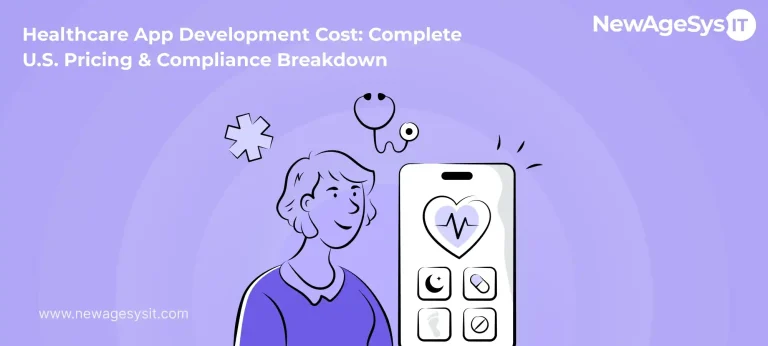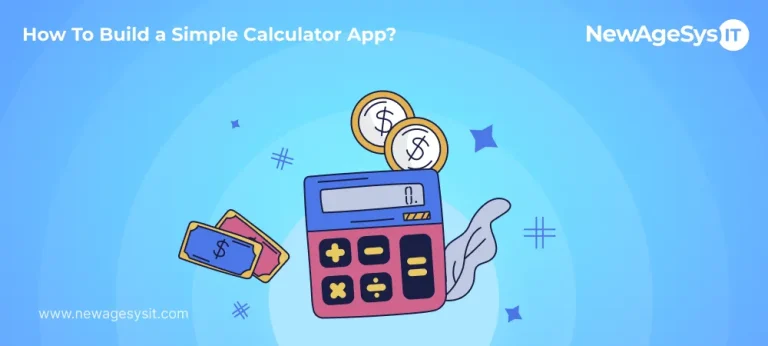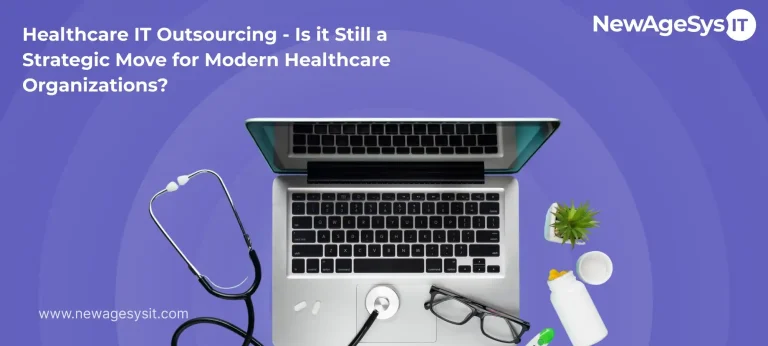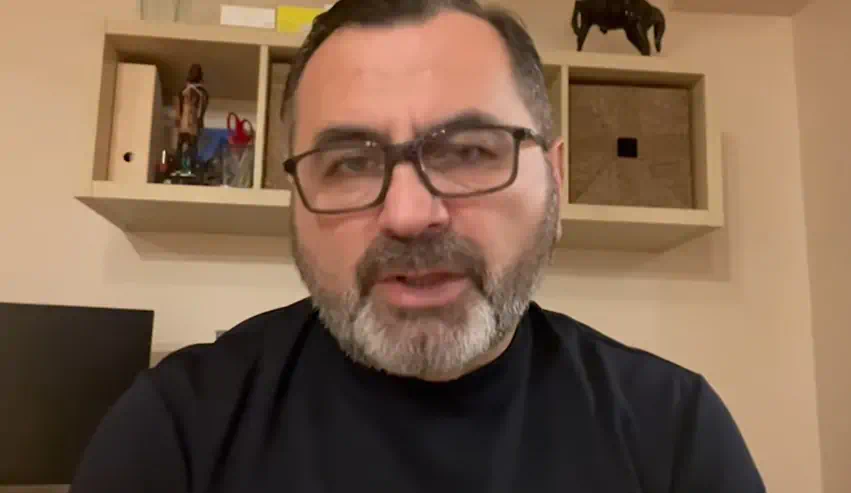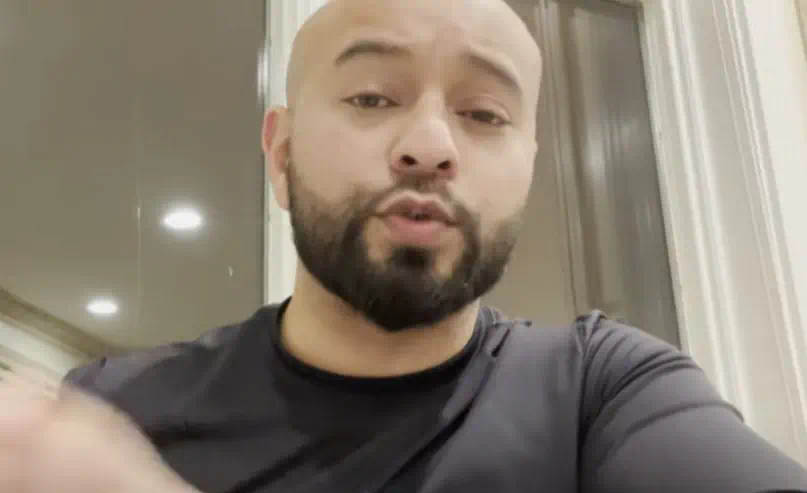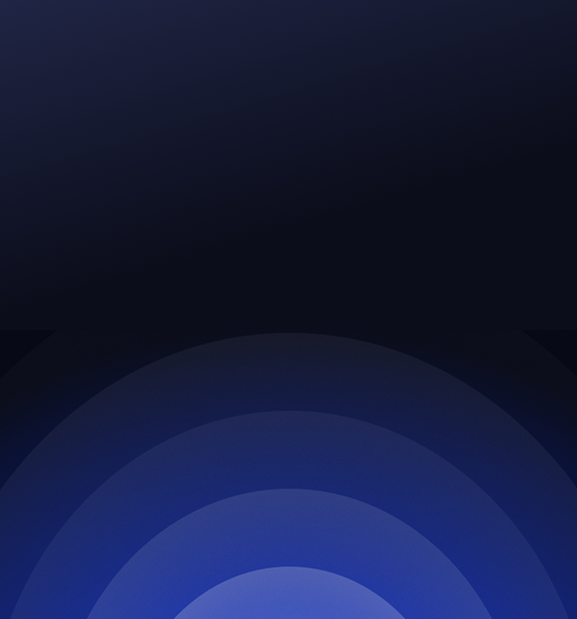Over the years, the global significance of meditation apps has grown substantially, influencing both patients and healthcare professionals. These apps play a crucial role in fostering positive thinking, relaxation, and stress relief. In this blog, we will delve into the importance of meditation apps and their contribution to a brighter future.

Driving Forces Behind the Remarkable Growth of Mindfulness App Development Market
1. Stress and Mental Healthcare Awareness
Presently, 75% to 90% of people in the United States consult doctors for stress-related issues, with approximately 13% of children exhibiting anxiety disorder symptoms due to stress. Growing awareness of the detrimental effects of stress has prompted more individuals to prioritize mental well-being. Consequently, there is a rising need for meditation, positioning meditation apps as vital tools to address health concerns.
2. Increased use of Smartwatches and Smart Screens
In our increasingly digital world, the prevalence of smartwatches and smart screens allows individuals to monitor their mental health in real-time. This technology empowers people to turn to meditation apps whenever they experience low moods or stress, guiding them toward mindfulness. The growing adoption of these devices contributes to the flourishing market for meditation apps.

Benefits of building a Mindfulness app
1. Access to Healthcare Instantly
In the era of digital advancements, traditional clinic visits have given way to virtual consultations through meditation apps. Patients can effortlessly find therapists, schedule video or audio calls, and even allow therapists to manage appointments flexibly, enhancing accessibility and convenience.
2. Alleviate Employee Stress
Mindfulness apps targeting stress, anxiety, and depression play a crucial role for professionals. US employees report worsening mental health amid COVID-19 and 40% grapple with conditions like stress. Companies are turning to meditation apps to mitigate employee stress and contribute to their overall mental well-being.
3. Timely Care, Anywhere
Ensuring timely care is paramount for patients, especially those in remote locations. Video calls serve as a lifeline for individuals at a distance, offering crucial mental health tips through push notifications, thereby bridging gaps in accessibility.

4. Powerful Promotional Tool
Through integrated push notification systems, users can kept informed about appointments, receive reports, and be notified of special offers, news, and promotions. This strategic approach can transform one-time users into loyal patrons.
5. Instant User Feedback
Empowering patients to provide digital feedback through mental apps facilitates swift responses. Healthcare providers can promptly address user input, leveraging it to enhance services and craft a more favorable user experience.
Categories of Wellness Apps
1. Apps for Managing Anxiety, Stress, and Mood
For addressing prevalent issues like anxiety, depression, and mood fluctuations, these apps utilize self-assessment tools such as questionnaires and journaling. With video and audio call features, users can connect with therapists while emergency lines provide immediate consultancy and ambulance services.
2. Apps for Mental Disorders
Designed to assist individuals dealing with conditions like bipolar disorder, OCD, and schizophrenia, these apps offer diverse approaches. Some facilitate communication with healthcare professionals, while others incorporate self-guided mood training and gamification. With 24/7 specialized support, users can connect with peers sharing similar experiences.
3. Meditation and Mindfulness Apps
These apps help users meditate to alleviate stress, stay grounded, eliminate negativity, and enhance self-awareness. They provide a solution for individuals seeking ways to cope with stress and anxiety at home.
4. Self-Improvement Apps
Tailored for users aiming to monitor mood swings, foster positive thinking, and break undesirable habits, these apps often center around meditation. Some apps offer lists of psychologists and counselors, providing professional support for those pursuing self-improvement.
How to generate money from your meditation app.
Now that you’re familiar with what a meditation app entails, let’s delve into popular monetization models for maximum revenue generation in your meditation app development journey. Let’s explore!
1. Subscription Model
Numerous meditation apps thrive on the subscription model, where users pay a fixed fee monthly or yearly to unlock advanced features.
2. In-App Purchase
This model allows users to pay within the app for various meditation-related services or products.

Features of Meditation App development.
1. Profile Creation
The primary focus in developing a meditation app lies in facilitating users to create personalized profiles. This feature allows users to store and view all pertinent information and activities within the application.
2. Sleep Stories
Users can select from a curated collection of stories designed to relax the body and mind, promoting restful sleep. This feature encourages users to share their personal experiences with meditation, showcasing its impact on overcoming anxiety, depression, and overall life improvement.
3 Introductory Tutorials
Incorporate beginner-friendly courses and programs providing an introduction to meditation. These tutorials emphasize fundamental meditation practices through visually engaging and concise content, offering users a quick understanding of the app.
4. Masterclasses
Unlock exclusive classes led by renowned mindfulness experts worldwide through the Masterclasses feature, enhancing the app’s appeal and value.
5. Meditation Library
A comprehensive library housing numerous meditation sessions categorized to cater to individual preferences. Each session, complete with duration, category, and relevant details, ensures users can easily find sessions suitable for their needs, be it soothing music or bedtime stories for a sleep meditation app.
6. Personal Statistics
Empower users to monitor their daily meditation progress, potentially integrating with wearables to display data from smartwatches and fitness trackers. Visual representation and animations should enhance the user experience in understanding their evolving sleep quality.
7. Reminders
Implement a variety of reminders within the app to guide users towards a stress-free lifestyle. These reminders span practicing mindfulness, maintaining healthy sleep habits, and regular check-ins.
8. Chat Support
Enable users to seek assistance directly within the app through a chatbot for queries and involve a support team for more intricate inquiries, fostering a responsive and supportive user experience.
9. Discovery Screen
The central hub presents all meditation sessions, materials, updates, and popular programs. This screen ensures diversity in content categories, offering exclusive materials and a dynamic selection to keep users engaged.

How does NewAgeSysIT help you with meditation app development?
NewAgeSysIT, as the leading mobile and web app development company in New Jersey assists businesses with top-notch business solutions. We have a pool of expert developers who can assist you in making powerful apps that generate money. Leveraging our expertise in cutting-edge technology, we have built numerous successful apps that continue to maintain top rankings in app stores.
Our highly proficient app developers have mastered the technologies essential for developing top-tier healthcare and meditation apps. Specializing in healthcare apps, our portfolio includes successful projects such as My Blueprint App, Aware Me App, Hey APP, and Zen for Teens App, all of which have achieved significant success in the market.
If you have compelling app ideas, don’t hesitate to reach out. We provide expert mental healthcare mobile app development services to bring your concepts to fruition.


